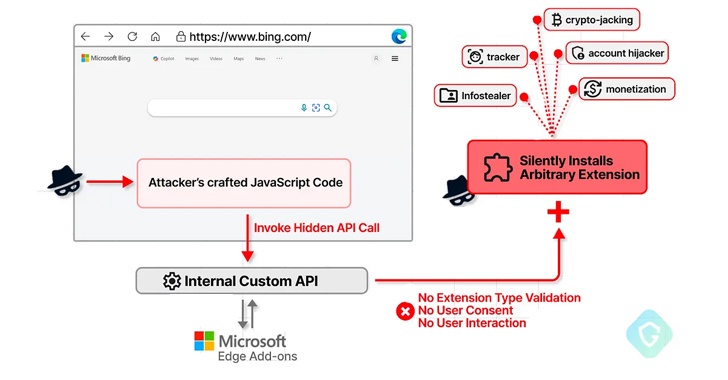New Webinar: Avoiding Application Security Blind Spots with OPSWAT and F5
Considering the ever-changing state of cybersecurity, it’s never too late to ask yourself, “am I doing what’s necessary to keep my organization’s web applications secure?” The continuous evolution of technology introduces new and increasingly sophisticated threats daily, posing challenges to organizations all over the world and across the broader spectrum of industries striving to maintain […]
Cyber News









